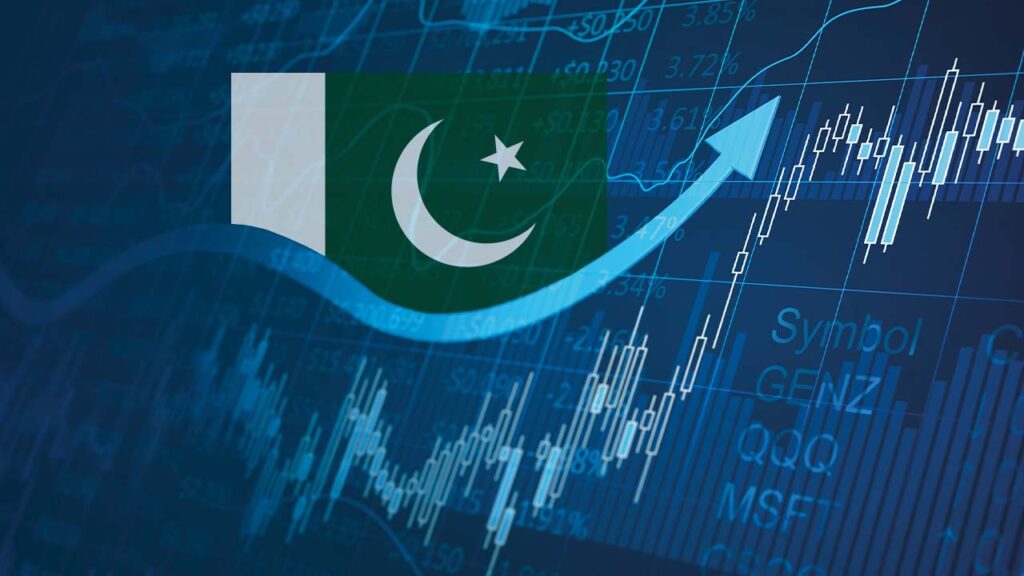- Web
- Feb 05, 2026
Govt’s economic reforms lead to Rs1.3 trillion savings, fiscal surplus in first quarter
-

- Web Desk
- Nov 26, 2024

ISLAMABAD: Khurram Schehzad, the Advisor to the Finance Minister on Economic and Financial Reforms, provided an optimistic outlook on Pakistan’s economy during a media briefing.
According to Business Recorder, he said that the recent cut in the policy rate had helped the government save approximately Rs1.3 trillion in debt repayments. The government was originally set to pay Rs9.5 trillion but this figure has been reduced to Rs8.5 trillion.
Schehzad also pointed out that the government is working to bring economic discipline especially in its dealings with the International Monetary Fund (IMF).
He admitted ongoing challenges, including issues in the social sector, rising population growth, concerns in health and education and stressed importance of structural reforms for long-term stability and the need to boost spending in key areas including social welfare, education healthcare.
In addition, Schehzad called for the decentralisation of power, suggesting that more responsibilities should be handed to provinces as per the 18th Amendment. A strong plan needs to be developed in collaboration with provincial governments to unlock the country’s full potential, he said.
Turning to the latest economic indicators, the advisor shared positive news: Pakistan’s fiscal balance showed a surplus of Rs1.8 trillion in the first quarter, reversing last year’s fiscal deficit.
This is the first fiscal surplus in 24 years. He attributed the turnaround to better management of revenues and expenditures, with increased revenues and controlled spending.
Schehzad also noted improvements in the country’s current account balance, which turned into a surplus of $218 million during the July-October period of this fiscal year.
Exports were up by 8 per cent, reaching $13 billion compared to $12 billion last year. Furthermore, the primary surplus improved significantly, reaching 2.6 per cent of GDP, up from 0.4 per cent last year.
The tax-to-GDP ratio also saw an improvement rising from 2.1 per cent to 2.2 per cent in the first quarter, and Schehzad expressed hope that better tax collection and compliance will continue to drive this figure higher.
Read next: Oil prices rise as geopolitical risks ease in the Middle East




